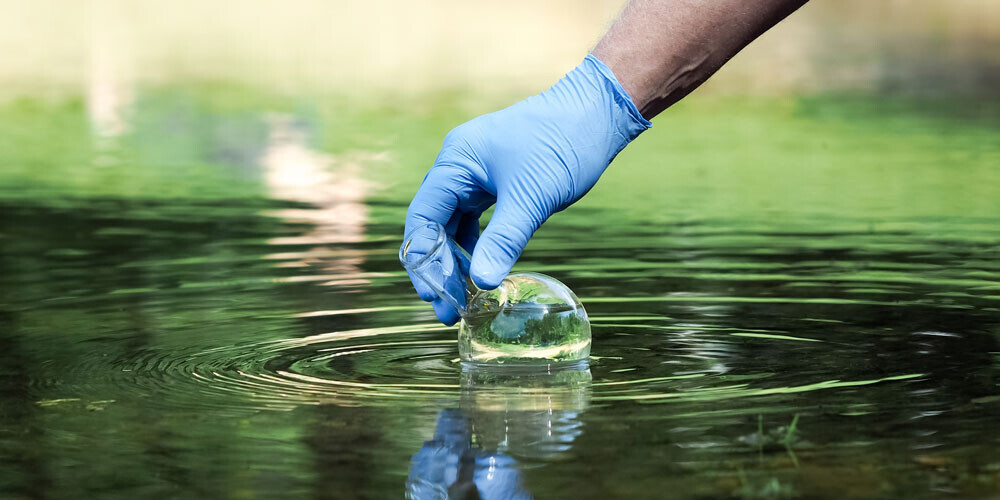Environmental Scientist
Environmental scientists study the environment and how plants, animals and other organisms are affected by it. They also study external influences, such as pollutants, and advise how to avoid or reduce harmful effects on the environment.
What do Environmental Scientists do at work?
- Study plants and animals in their environment
- Assess sources of soil, water and air pollution, and develop ways to control these.
- Use computer modelling techniques to predict future events in the ecosystem.
- Develop efficient irrigation, drainage and waste disposal methods.
- Plan and run field studies and experiments.
- Prepare reports on the environmental impacts of activities such as aquaculture.
- Report results of studies in science journals and in conferences.
- Study and develop environmental policies.
- Provide technical advice to clients or local government authorities.
- Prepare applications for resource consent on behalf of clients, in compliance with the Resource Management Act.
Skills and knowledge
- Excellent knowledge of at least one area of environmental science such as water, soil or air quality.
- Knowledge of ecosystems and the interaction between species.
- Knowledge of natural history.
- Understand the Resource Management Act
- Understand the Environmental Effects Act 2012.
- Practical skills for performing experiments and operating scientific equipment.
- Research skills, and ability to analyse research results.
- Maths and computer skills.
Qualifications
- A Master’s degree in environmental science or a related area or,
- A Master’s degree in ecology or a related area such as botany or zoology or,
- A Master’s soil science or a related discipline such as earth science.
- A PhD is usually required for research-based positions.
Secondary education
A tertiary entrance qualification is required to enter further training. Useful subjects include Maths, Economics, Geography, Physics, Chemistry, Biology, Agricultural and Horticultural science.
Is this the career for you? Find out more
Cawthron Home - Cawthron Institute
Department of Conservation www.doc.govt.nz
Science New Zealand www.sciencenewzealand.org
National Institute of Water and Atmospheric Research (NIWA) www.niwa.co.nz
